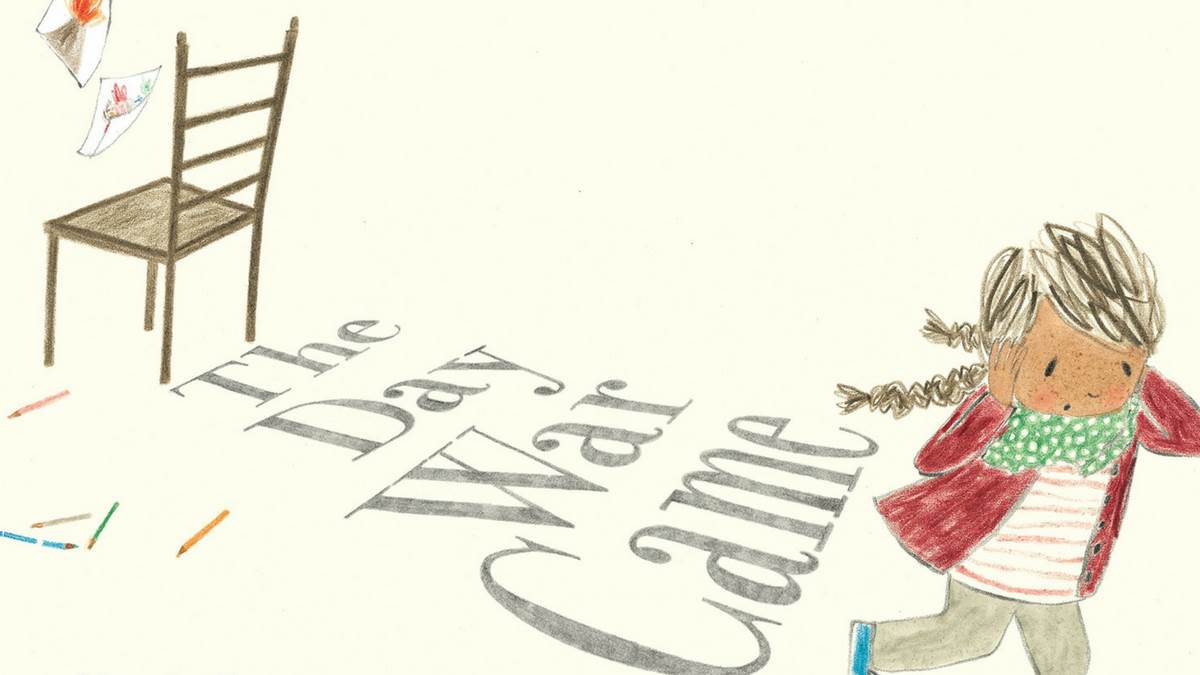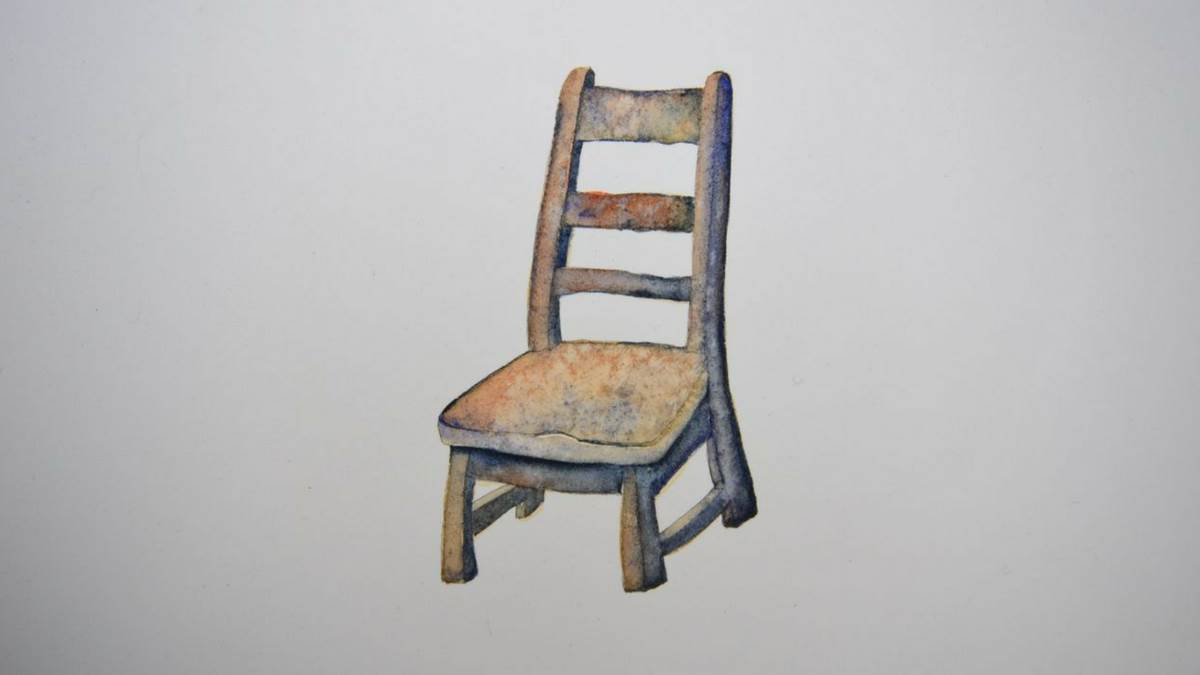Books about refugees and asylum seekers
A booklist
Since asylum can be a confusing issue for children (and even adults), here are some books that explore what it really means to flee your home and have to start your life over.
How BookTrust works with refugees and asylum seekers
Find out what we do
Our Bookstart Coordinators ensure that eligible babies and toddlers from refugee and asylum-seeking families receive their free book packs.
Kindness, compassion and empathy
Some of our favourite books
Help put your child in another person’s shoes with these books that inspire compassion: whether that’s towards animals, friends, or people in very different situations to your own.


 That first chair, drawn by Jackie Morris
That first chair, drawn by Jackie Morris






Add a comment